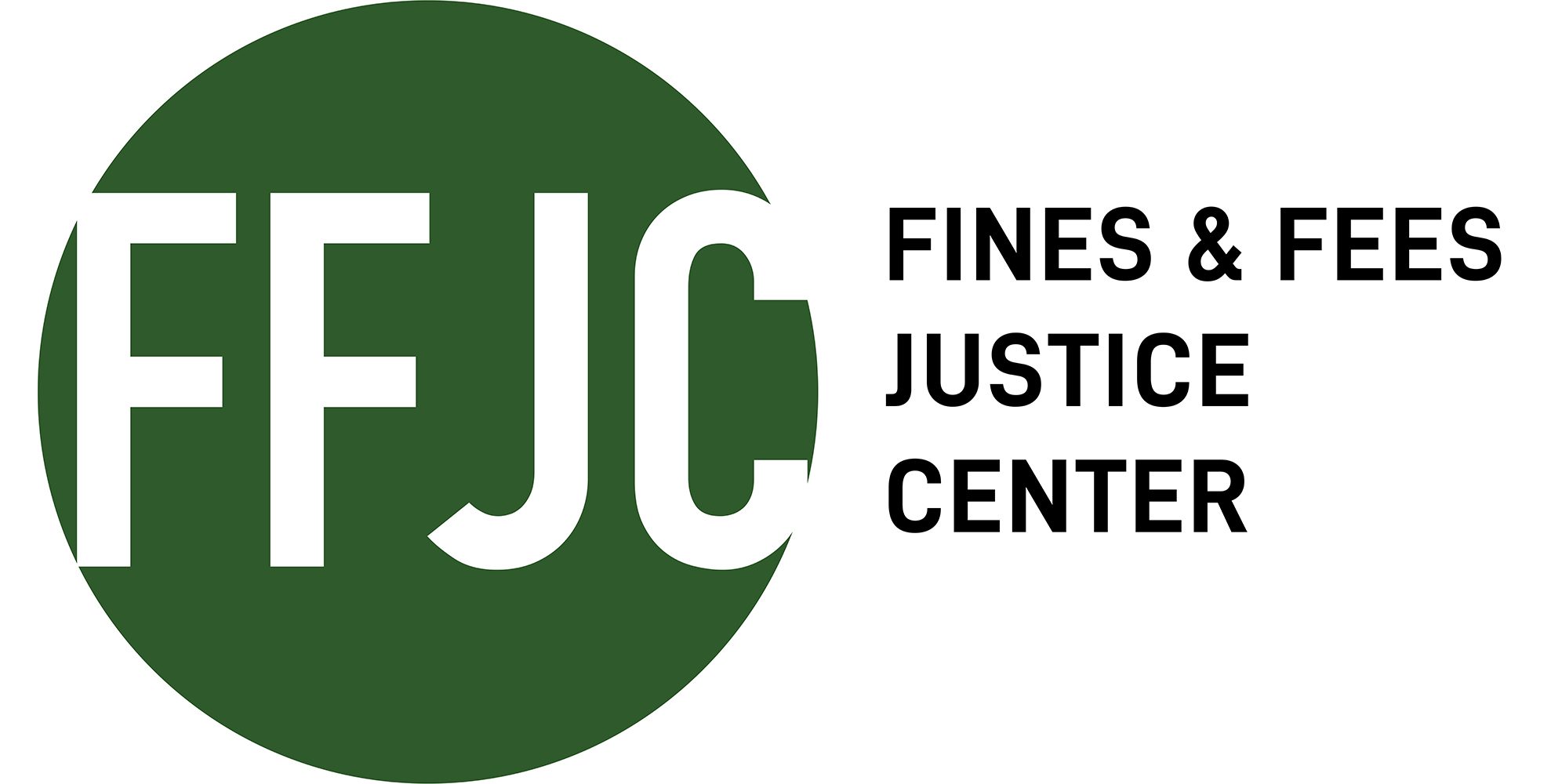To better understand the role of poverty in shaping outcomes in North Carolina’s juvenile justice system, the authors conducted interviews and surveyed attorneys, social workers, scholars and youth advocates. This report summarizes those findings, highlighting the challenges faced by poor youth and their families.
You can read the full report here.
Key Findings:
- One in five North Carolina youth under the age of 18, and about one in three Black and Latinx youth, are poor.
- Juvenile courts in North Carolina can order a youth to pay a fine or restitution, and are statutorily authorized to assess a range of fees against parents, including fees for a court-appointed attorney, community service, evaluation and treatment, and probation.
- Attorney fees were the most common fees mentioned in the survey and interviews, although assessment can vary widely across the state. Other common fees include electronic monitoring and restitution.
- Youth charged as adults are subject to the full range of court costs, fines and fees faced by all adult criminal defendants.
- In addition to court-ordered fees and costs, involvement in the juvenile system imposes more indirect costs such as transportation and time. All survey respondents identified the time commitment required by a delinquency case as a serious hardship for poor families, and almost all (91 percent) answered that parents were unable to get time off from work.
- Over a third of survey participants estimated that their most recent or typical client had to travel more than 10 miles from home to the courthouse.
- Housing instability, can upend a juvenile case when amenities like phone or internet service are not available and a parent cannot be reached.
- Because of the juvenile system’s emphasis on meeting the needs of the child through services, parents without the resources to corral services in the early stages of a case are at a deep disadvantage.
- Financial status can impact access to, and the availability of, court-ordered treatment programs.
- All children in delinquency cases in North Carolina are entitled to a court-appointed attorney, but the quality of representation provided can depend on geography.
- Parents who are unable to comply with court orders risk criminal contempt which is punishable with a fine up to $500 and/or imprisonment, plus the additional court costs and fees that may be assessed.
Author(s): Heather Hunt and Gene Nichol
Research institution(s): North Carolina Poverty Research Fund
